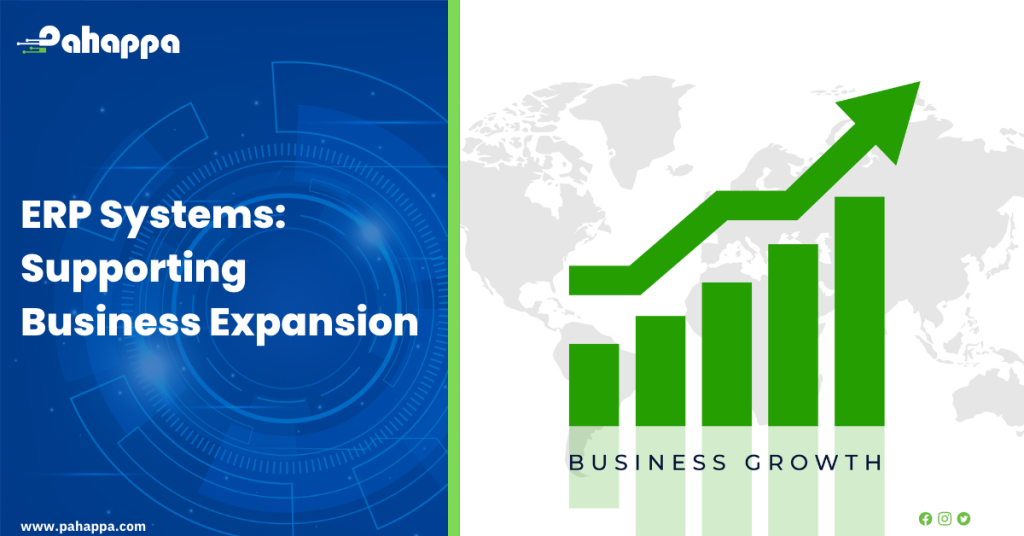ERP (Enterprise Resource Planning) systems can certainly support business expansion. As a business grows, it becomes more complex, and managing the different departments and functions becomes more challenging. ERP systems provide a centralized and integrated solution for managing various business processes such as finance, human resources, supply chain, inventory, sales, and customer relations. ERP systems are scalable, which means they can grow and adapt to a business’s changing needs. As a business expands, the ERP system can be customized to incorporate new modules or features that support the new requirements. This can help a business to stay agile and competitive in a fast-paced market.
ERP systems can support business expansion in several ways, including:
- Streamlining Processes: As businesses expand, their operations become more complex, and managing various functions and departments becomes more challenging. ERP systems can streamline business processes by providing a centralized solution for managing different operations such as finance, inventory, sales, supply chain, and customer relations. This can help businesses to save time and reduce costs associated with manual data entry and processing.
- Better Visibility: ERP systems can provide better visibility into different aspects of the business, including operations, finance, and inventory. This can help businesses to make informed decisions and take action quickly to respond to changing market conditions or customer demands.
- Improved Efficiency: ERP systems can automate many routine tasks, such as data entry and reporting, reducing the risk of errors and improving overall efficiency. This can help businesses to save time and resources and focus on more critical tasks such as product development, marketing, and customer relations.
- Scalability: ERP systems are designed to be scalable, which means they can grow and adapt to a business’s changing needs. As businesses expand, they can add new modules or features to the ERP system to support new requirements such as additional sales channels or global operations.
- Data Analysis: ERP systems can provide valuable insights into business performance, including financial data, customer behaviour, and inventory levels. This can help businesses to identify opportunities for growth and make data-driven decisions that support expansion plans.
Implementing an ERP system can help a business to streamline its processes, reduce redundancies, improve efficiency, and increase productivity. It can also provide better visibility and control over different aspects of the business, enabling faster decision-making and strategic planning. To learn more about ERP systems, visit our website.
In summary, ERP systems can be a valuable tool for supporting business expansion by improving efficiency, productivity, and control over business processes. They are scalable and adaptable, making them an ideal solution for growing businesses that need to manage multiple departments and functions. To make inquiries about ERP systems, contact us here.











